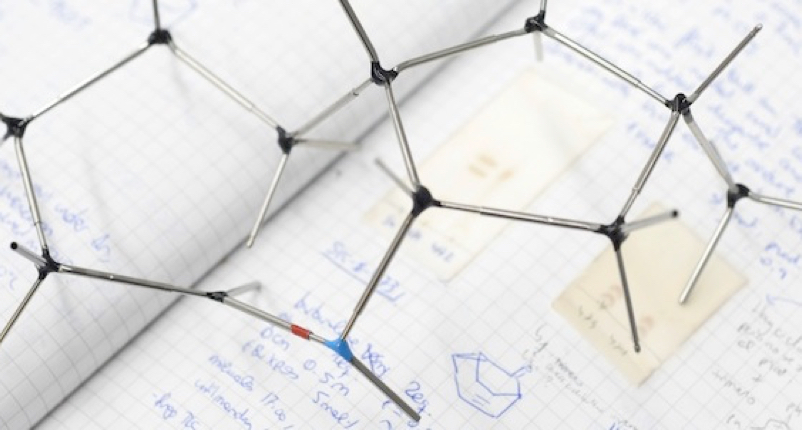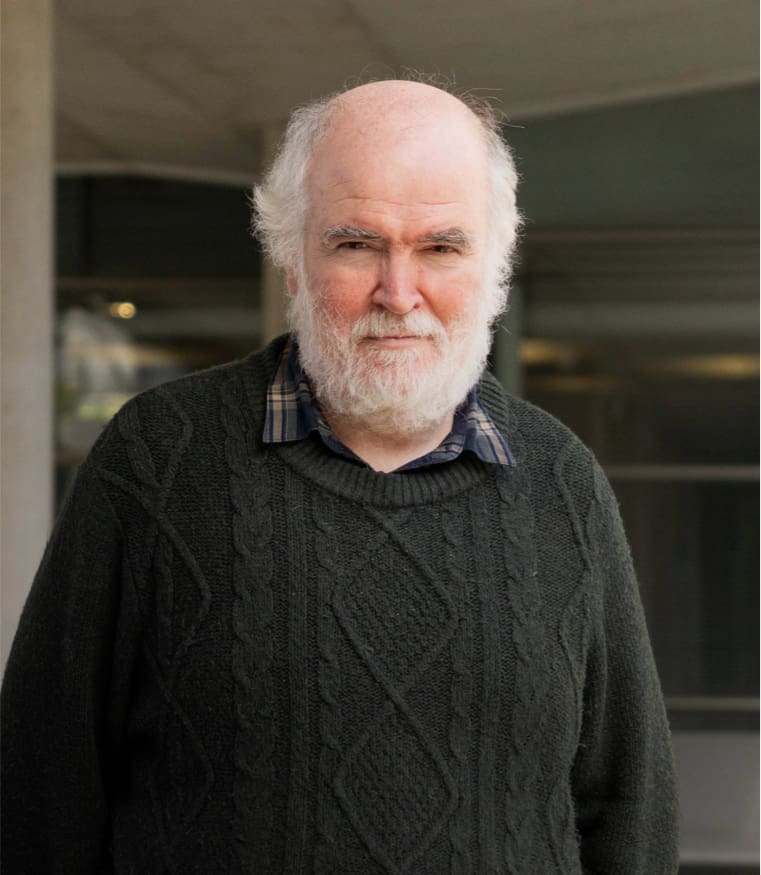Computational Study of Homogeneous Multimetallic Cooperative Catalysis
Cooperative multimetallic catalysis is a fascinating field of research further expanding the role of homogeneous catalysis. The simultaneous activation of two substrates or functionalities by different catalytic entities and their subsequent coupling are the responsible for the rate acceleration and selectivity exerted by these systems. The nature of the metal moieties is the responsible of the activation step, while selectivity mainly derives from supramolecular interactions between the substrates and the catalysts, particularly during coupling. The control of both activation and coupling opens the way for the design of new highly selective synthetic routes proceeding in mild conditions. Molecular modelling is becoming nowadays an essential tool in rational design of metal-mediated catalysis. Theoretical models provide fundamental insights on the substrate activation by metals as well as on the interactions between the different catalysts. This can allow the deciphering at the atomic level of the preferential pathways leading to different reaction products. In this contribution, we discuss a series of representative examples of multimetallic cooperative processes described by means of molecular modelling.

Sciortino, G.; Maseras, F.
Top Catal. 2021, 65, 105–117
DOI:
10.1007/s11244-021-01493-2

Let's create a brighter future
Join our team to work with renowned researchers, tackle groundbreaking
projects and contribute to meaningful scientific advancements



















